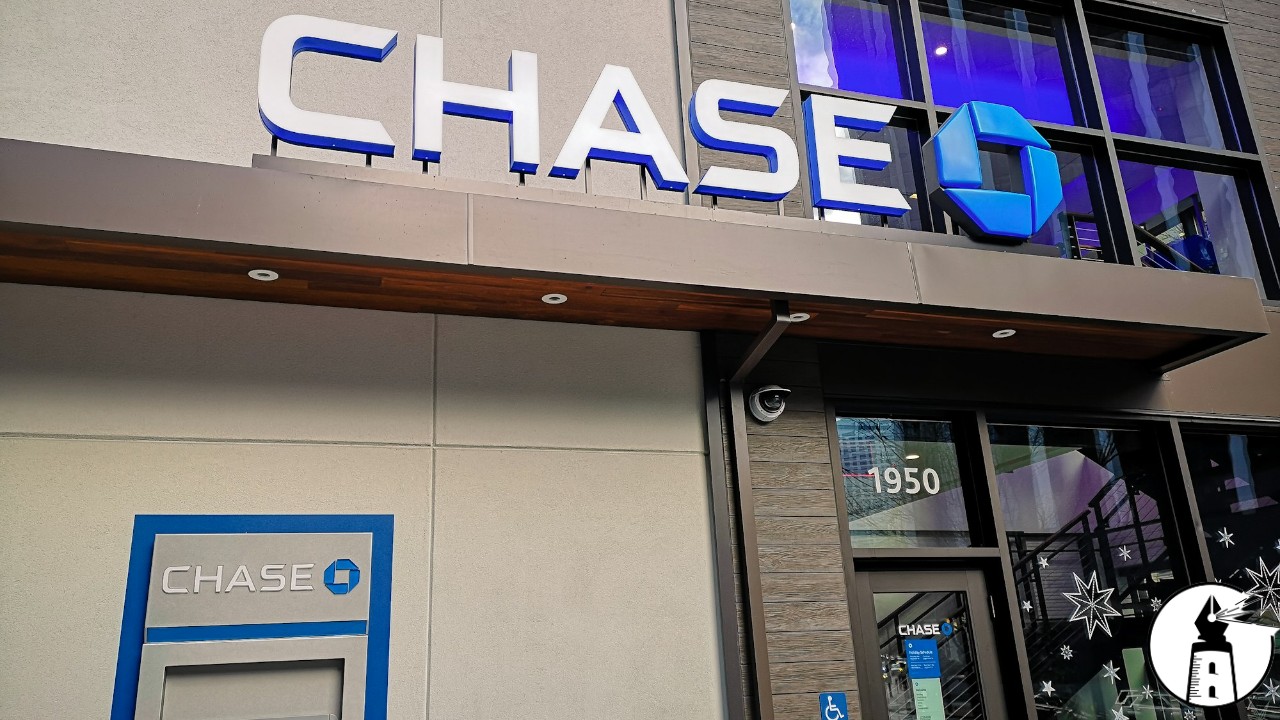The term ‘woke’ has a long and complex history, originating in African American Vernacular English as a call for social and political awareness, particularly regarding racial injustice. Its modern use dates back to the mid-20th century and was later popularized through movements advocating for civil rights and equality. However, in recent years, the term has been appropriated and weaponized, turning it into a pejorative used by critics to dismiss progressive ideals or policies as overly sensitive or politically correct.
This evolution reflects broader cultural battles that have escalated where terms like DEI (Diversity, Equity, and Inclusion) and CRT (Critical Race Theory) are often misrepresented as symbols of radical agendas. These mischaracterizations are frequently employed as xenophobic dog-whistles in public discourse, clouding meaningful conversations about equity and representation.
The tension between corporate diversity efforts and political pushback has come into sharp focus with Walmart’s recent decision to scale back some of its DEI initiatives. Once lauded for its proactive approach following the murder of George Floyd in 2020, Walmart, the nation’s largest private employer, announced changes under pressure from conservative activism. Among the most notable shifts were the discontinuation of a racial equity center and the company’s withdrawal from an annual LGBTQ+ advocacy index. Critics of these moves have argued they reflect a broader retreat from corporate commitments to diversity in the face of cultural and political backlash.
At the heart of these developments is a fundamental debate about the role of corporations in promoting social justice. Following 2020, companies across industries pledged to make their leadership and workforces better reflect the communities they serve. These promises were not only moral imperatives but business strategies. Research consistently shows that diverse teams drive innovation and position companies to better serve an increasingly multicultural customer base.
Yet, the pressure to conform to a narrower, ‘race-neutral’ ideology reflects a shifting political landscape. Legal challenges, like the 2023 Supreme Court decision banning the consideration of race in higher education, have emboldened critics of workplace diversity initiatives.
Consumer boycotts, too, have sent shockwaves through corporate boardrooms, forcing brands like Bud Light and Target to retreat from LGBTQ+ marketing campaigns under fear of backlash. This cultural climate has made diversity efforts a polarizing issue, with some viewing the 2024 election as a referendum on DEI policies.
What’s striking is that despite these challenges, the majority of corporate leaders recognize the importance of diversity initiatives. Surveys indicate that most executives acknowledge the value of these programs in fostering innovation, improving retention, and aligning with the expectations of younger, more socially conscious consumers. Even so, the reluctance of business leaders to publicly discuss their DEI commitments highlights the growing tension between doing what’s right for business and navigating the political minefield of today’s climate.
Walmart’s changes reveal the influence of external forces on corporate strategy. Whether these decisions reflect genuine evolution or calculated appeasement, they underscore the challenges companies face in balancing inclusivity with the demands of polarized stakeholders.
Walmart has insisted that many of these shifts were planned well in advance and not the direct result of external pressure. However, the optics of these changes, coming amid conservative scrutiny, suggest that no company is immune to the cultural battles reshaping America.
The irony in these debates is that a diverse workforce is not just a matter of social responsibility, it is a competitive advantage. Companies with diverse leadership are better equipped to serve diverse markets, anticipate customer needs, and foster creative solutions. In this context, scaling back DEI initiatives risks alienating employees and consumers and undermines long-term business goals.
As the battle over ‘wokeness’ and DEI continues, the stakes extend far beyond corporate boardrooms. These debates reflect more in-depth questions about who we are as a society and how we choose to navigate our differences. Will businesses retreat under pressure, or will they stand firm in their commitment to inclusion? The answer will shape not only corporate culture, but also the broader social fabric of the communities they serve.
—By Greg Collier


